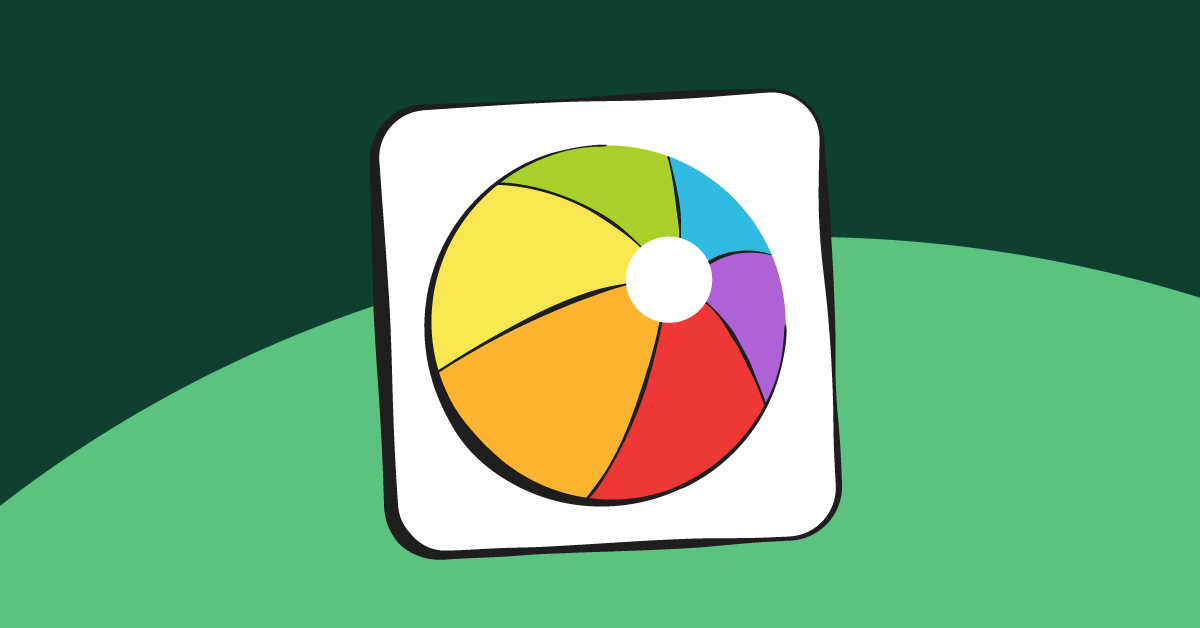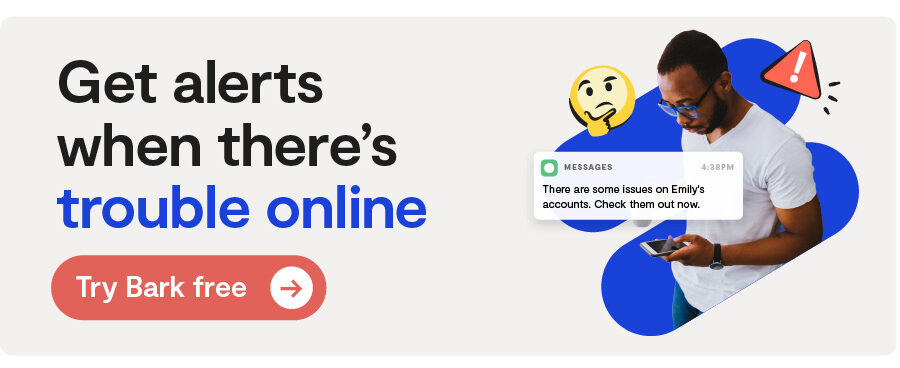
**This post was updated on August 5, 2021.**
Founded in 2014, Marco Polo is a video-based instant messaging system that was created by its founders after the birth of their daughter to help keep their family close across multiple time zones — when syncing up schedules and live video chatting wasn’t always easy or feasible. Think of it as an app that allows you to leave video voicemails that you can check on your own time and respond to at your leisure.
While some folks compare it to Snapchat, the Marco Polo app is actually the anti-Snapchat in many ways, which is great for families. The videos you record don’t self-destruct, they don’t have a super-short time limit, and perhaps most importantly, you don’t get suggestions to add random users to your list of contacts. In this post, we’ll explain more about what you need to know and help you decide whether Marco Polo is safe for your family.
What is Marco Polo?
So what is Marco Polo exactly? Well, the makers of the Marco Polo app call the app a “video walkie-talkie.” Messages are sent immediately and are available for the recipient to view and respond to instantly. But you don’t actually talk in real-time. Instead, you take turns leaving videos for each other. This takes much of the stress, obligation, and awkwardness out of traditional video chatting. Many families even swear by it to help them keep in touch while balancing different schedules.
The app has many fun features, including filters that can change the sound of your voice. You can also draw and write on videos to personalize them. Video conversations are stored in your conversations, and users in a group can rewatch videos sent in the past. Unlike a lot of other video apps, there is no text chat or direct message (DM) option, which is another great selling point for families worried about safety.
Is the Marco Polo App Safe?
The Marco Polo app allows users to communicate with friends by inputting their phone numbers, so in this sense, it’s just as safe as texting. That’s a good thing — especially when compared to many other social media platforms, which often introduce unwanted strangers and random content. What your child sends and receives on the Marco Polo app will depend on who they’re chatting with, but if you know that they’re just talking to their grandma or a best friend, you’ll be less apt to worry.
We spoke with the makers of the Marco Polo app and they take community standards very seriously. The terms of service even require uses to agree to not upload inappropriate content — including content that is unlawful, obscene, defamatory, libelous, threatening, pornographic, harassing, hateful, or racially or ethnically offensive (and more).
How to Block Marco Polo with Bark
- From your dashboard, find your child’s profile.
- Select Settings.
- Choose Parental controls.
- Review the rule sets you’ve scheduled.
- Scroll down until you see Screen time rule sets and select the rule set currently applied.
- Toggle Marco Polo to Blocked.
- Repeat these steps for any other screen time rule sets you’ve scheduled.
- You’re all set!
What Can You Do to Help Protect Your Child?
Now that we've answered your question of "What is Marco Polo," always review your child's activity and app usage. If possible, download and use the app to familiarize yourself with how it works. You can also review the older videos that your child has sent and received to make sure there’s nothing you need to worry about. Keep in mind that it’s possible to delete videos, though.
Now, at the end of the day — is Marco Polo safe for kids? If you keep an eye on your child and stay in the loop about who they’re communicating with, it’s a very safe platform. Also, teaching them what’s appropriate to share will go a long way in preventing worrisome behavior.
Raising kids in the digital age is a challenge, and it can be difficult to keep up with technology as it grows and evolves. And while Bark doesn’t currently monitor Marco Polo, we can help keep your kid safe on 30+ other apps and social media platforms. for a free week of service and get alerts for potential issues like cyberbullying, suicidal ideation, online predators, and more.
Read more
Bark helps families manage and protect their children’s digital lives.






